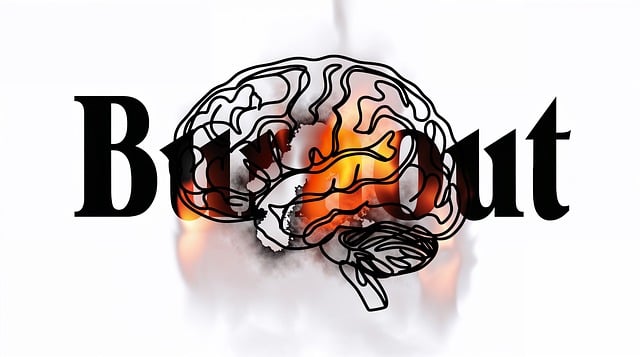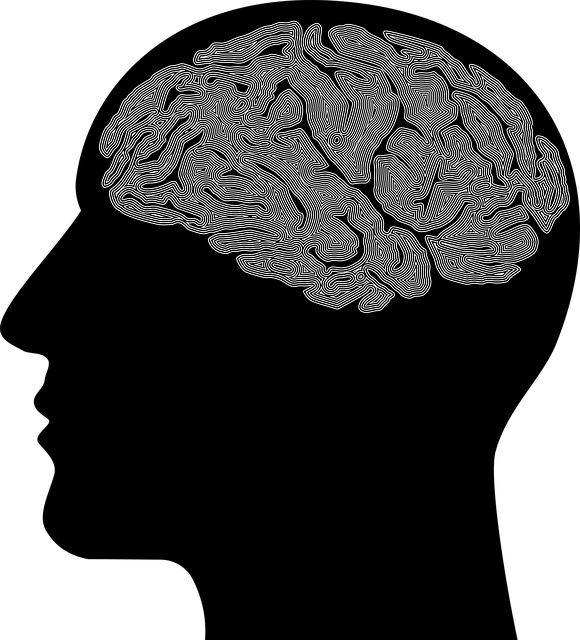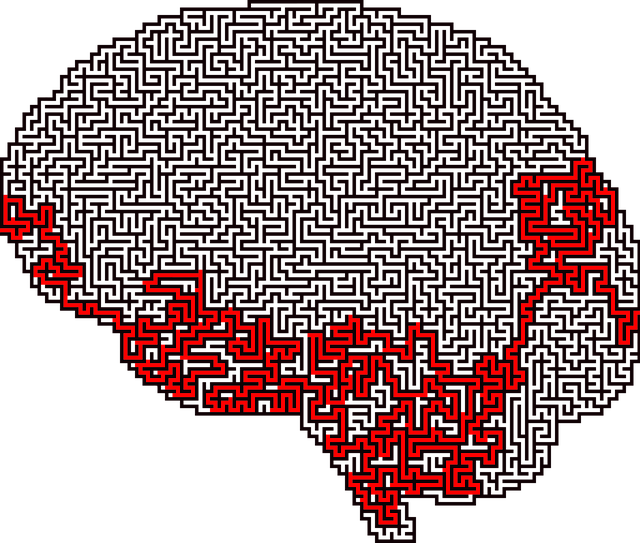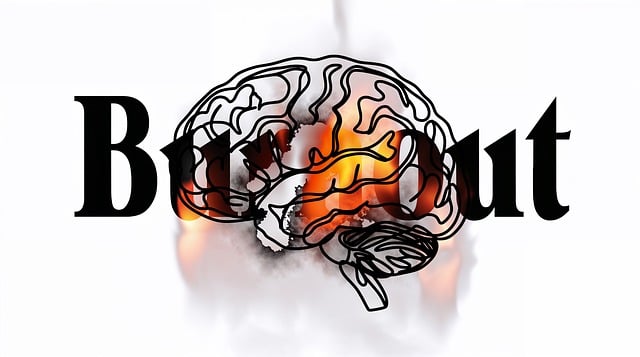Substance abuse is a complex issue addressed by programs like Wheat Ridge Anger Management Therapy, which targets root causes, teaches emotional regulation, and promotes mental wellness. Using Cognitive Behavioral Therapy (CBT) techniques, these initiatives reduce relapse risk and encourage healthier lifestyles by managing anger issues and negative thought patterns. By creating supportive recovery environments that integrate anger management, coaching, and compassion cultivation, Wheat Ridge Anger Management Therapy empowers individuals for lasting reduction in substance abuse and improved life quality.
Substance abuse carries significant risks, impacting physical and mental health, relationships, and overall well-being. This article explores comprehensive risk reduction strategies essential for effective substance abuse prevention and treatment. We delve into understanding the root causes and dangers of addiction, highlighting the power of cognitive behavioral therapy in mitigating risks. Additionally, we explore anger management techniques as a pivotal strategy, emphasizing their role in substance abuse recovery. Furthermore, creating supportive environments fostering healthy habits is crucial, featuring insights from Wheat Ridge Anger Management Therapy experts.
- Understanding Substance Abuse and Its Risks
- Cognitive Behavioral Therapy for Risk Mitigation
- Anger Management Techniques as a Strategy
- Building a Supportive Environment for Recovery
Understanding Substance Abuse and Its Risks

Substance abuse is a complex issue that impacts individuals across various demographics and backgrounds. It’s crucial to understand that substance abuse isn’t merely an individual choice but rather a chronic condition rooted in biological, psychological, and social factors. This can include genetic predisposition, environmental influences, mental health disorders, and more. The risks associated with substance abuse are multifaceted, encompassing both immediate dangers like overdose and long-term consequences such as severe physical health issues, cognitive impairments, and strained relationships.
Wheat Ridge Anger Management Therapy and similar programs play a vital role in addressing the root causes of substance abuse by focusing on emotional regulation and mental wellness. By teaching individuals effective stress management techniques through workshops and organization-led initiatives, these programs empower people to cope with underlying triggers without resorting to substances. Enhancing emotional regulation skills can significantly reduce the risk of substance abuse relapse, fostering a healthier and more balanced lifestyle.
Cognitive Behavioral Therapy for Risk Mitigation

Cognitive Behavioral Therapy (CBT) is a powerful tool in the arsenal of risk reduction strategies for substance abuse. This form of therapy focuses on identifying and changing negative thought patterns and behaviors that contribute to addictive tendencies. By helping individuals understand the connection between their thoughts, feelings, and actions, CBT empowers them to make healthier choices and develop effective coping mechanisms. Through this process, clients can gain inner strength and enhance their ability to manage triggers and cravings, effectively mitigating risks associated with substance abuse.
Wheat Ridge Anger Management Therapy, for instance, incorporates elements of CBT to address underlying anger issues that may increase the risk of substance misuse. By teaching communication strategies and promoting healthy expression of emotions, this approach aids in building resilience against relapse. Moreover, Risk Management Planning for Mental Health Professionals can benefit from these techniques, ensuring a comprehensive strategy that considers both individual therapy and group support to foster positive behavioral changes and strengthen recovery outcomes.
Anger Management Techniques as a Strategy

Anger management techniques play a significant role in reducing substance abuse risks. Uncontrolled anger often triggers reckless behaviors and relapses, making it imperative to learn healthy coping mechanisms. Wheat Ridge Anger Management Therapy offers specialized programs tailored to help individuals identify anger triggers, develop effective communication strategies, and practice mindfulness techniques to manage intense emotions.
By participating in these therapeutic interventions, individuals gain valuable skills to navigate stressful situations without resorting to substance abuse. Healthcare Provider Cultural Competency Training and Stress Management Workshops Organization also contribute to this process by enhancing understanding of diverse cultural perspectives on anger and stress, fostering inclusive environments that support long-term recovery.
Building a Supportive Environment for Recovery

Building a supportive environment is a cornerstone in any substance abuse recovery journey. This involves creating a safe and nurturing space that encourages healing and growth. One effective strategy is integrating anger management therapy, as offered by Wheat Ridge Anger Management Therapy, to address underlying emotional triggers that may contribute to substance misuse. By learning healthy coping mechanisms and improving emotional regulation skills, individuals can better navigate challenges without resorting to substances.
In addition to structured therapy, promoting mental wellness through coaching programs and compassion cultivation practices can significantly enhance recovery. Encouraging self-care practices allows individuals to prioritize their overall well-being, fostering a sense of balance and resilience. These holistic approaches work in tandem to create an environment that not only supports but empowers those striving for lasting substance abuse reduction and improved life quality.
Substance abuse poses significant risks, but implementing effective risk reduction strategies can foster recovery. By understanding the complexities of substance abuse (as discussed in this article), individuals and communities can employ evidence-based methods like Cognitive Behavioral Therapy to mitigate these risks. Techniques such as anger management, a key focus at Wheat Ridge Anger Management Therapy, prove invaluable in addressing underlying issues contributing to abuse. Furthermore, creating supportive environments that encourage open dialogue and access to resources plays a crucial role in preventing relapse. Combining these strategies creates a robust framework for managing and reducing substance abuse risks, ultimately supporting those on the path to recovery.











